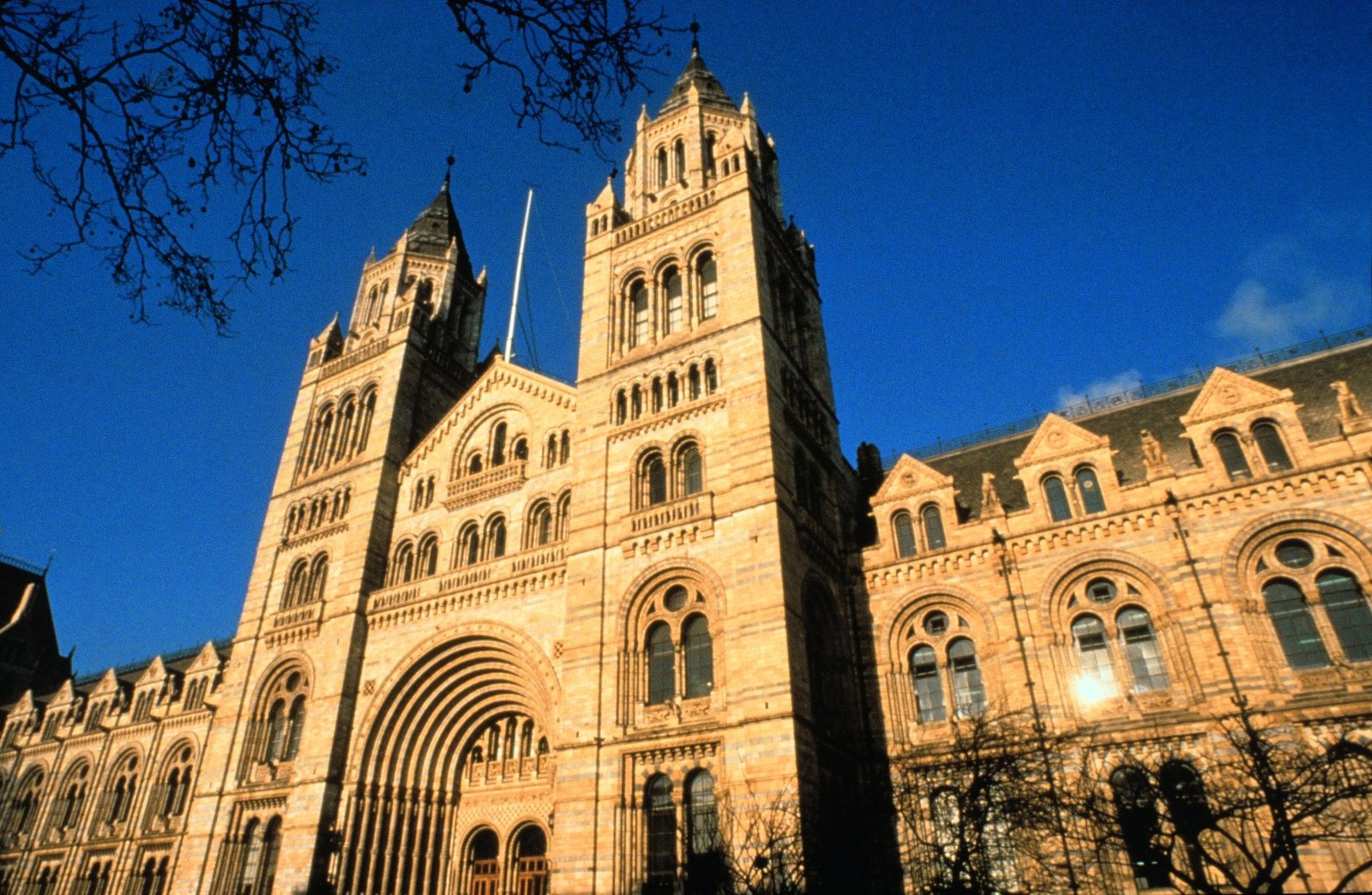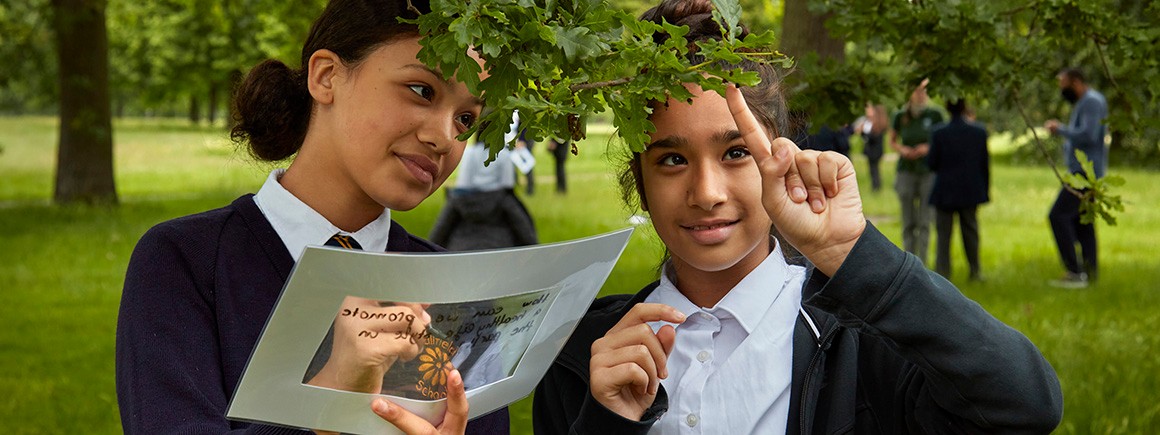
The project will work towards two main initiatives- to put climate change at the heart of education and to fight biodiversity loss in England by empowering young people to develop meaningful connections to nature. Every young person in England will have the opportunity to develop a meaningful connection to nature, understand the concepts of climate change and biodiversity loss and feel able to do something about it.
The partnership, led by the Natural History Museum, working with the Royal Horticultural Society, the Royal Society, Royal Geographical Society, Learning through Landscapes, Manchester Metropolitan University and additional supporting partners, will work with the education sector to help them to map, manage and enhance all the land across the education estate, creating one, vast, nature park. This will play an important part in increasing biodiversity across the education estate and have a real impact on halting the decline of nature in England.
Dr Doug Gurr, director of the Natural History Museum said, ‘We are facing an absolute crisis in biodiversity and it’s not particularly well understood. Most organisations have got their heads around carbon and climate now. But we have this equal challenge around biodiversity. There’s no point stabilising the Earth’s temperature if you’ve cut down all the rainforests and poisoned all the oceans.’ (Gurr, 2022) *
The project will work with every school in England, joining up the education estate – an area twice the size of Birmingham, to create environments that support climate resilience. Working with their partners, the Royal Horticultural Society and the Royal Society, the Natural History Museum will give young people the opportunity to transform the green space at their place of education into their own Nature Park, acting as managers, ecologists, communicators, fundraisers, grounds people and data analysts. Taking on these roles, students will choose, plan and implement a range of site improvements, monitor biodiversity gains and choose habitat enhancements based on the latest scientific evidence. From creating pollinator-friendly habitats where biodiversity can thrive, to digging ponds, The Nature Park will also provide opportunities for young people to take part in community science, and in biodiversity monitoring and data analysis - learning important key skills for the future.
The Climate Action Award Scheme, which will be co designed in collaboration with children and young people, will help them develop their skills and knowledge in biodiversity and sustainability. It will also celebrate and recognise their work in protecting the local environment. The ambition is for the climate action award scheme to be recognised by employers and universities as a significant achievement. It will act as a demonstration that those children and young people have developed skills and knowledge about climate change and sustainability that will benefit their future studies and careers.
Dr Doug Gurr, Director of the Natural History Museum said, 'We applaud the Department for Education’s initiative in encouraging a love for nature and are absolutely delighted to be the lead partner on the National Education Nature Park and climate action award scheme.’
The Museum will also create an online hub where a wealth of information and teaching resources will empower teachers in delivering climate education and help them bring lessons outdoors, supporting the curriculum as well as improving pupil’s mental and physical wellbeing. The Museum’s online hub will also start to share guidance that teachers can access alongside suggestions of seasonal activities they can engage with to inspire and support children and young people’s learning.
You can find out more about the project here.

